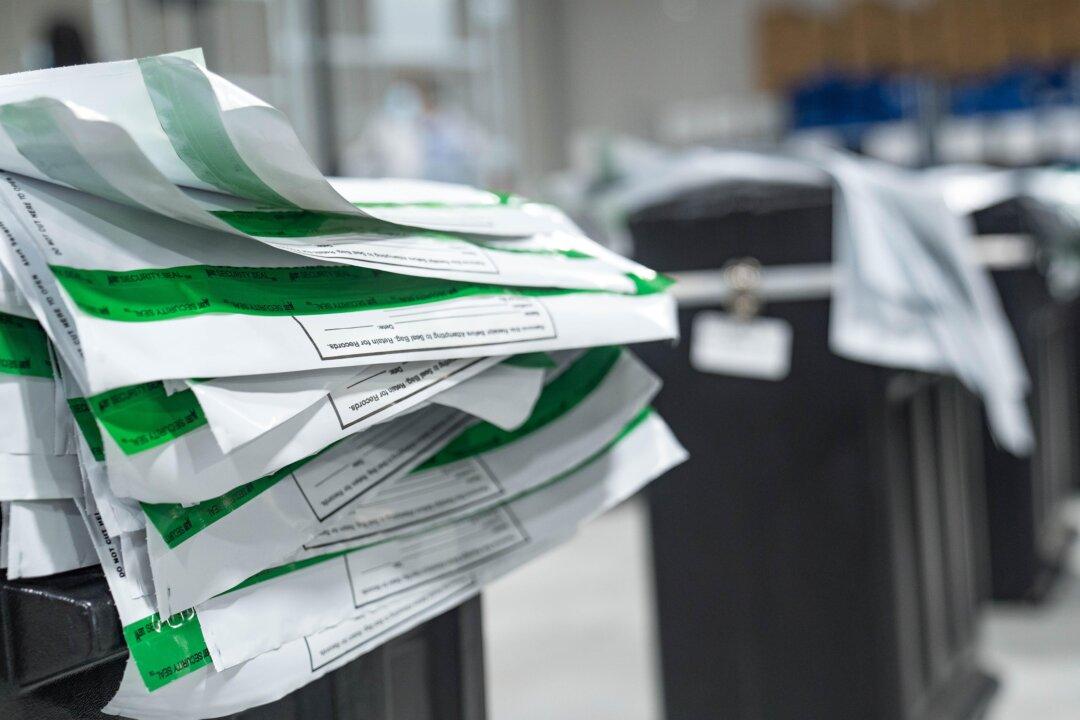A lawsuit filed on Monday in Georgia requests that the state’s election results be decertified until an investigation is completed into claims that ballots were cast by non-residents and that signature-verification practices were lax.
The complaint (pdf), brought by Paul Andrew Boland, a registered elector, against Georgia Secretary of State Brad Raffensperger and other officials, was filed on Nov. 30 in a court in Fulton County. It claims that 20,312 ballots were cast by people who are no longer residents of Georgia and that “suspiciously low ballot rejection rates” suggest signature-verification procedures “were not enforced with their usual rigor,” resulting in dilution of Boland’s vote, “casting doubt on the integrity of the Election” and providing grounds to contest the Georgia vote.





